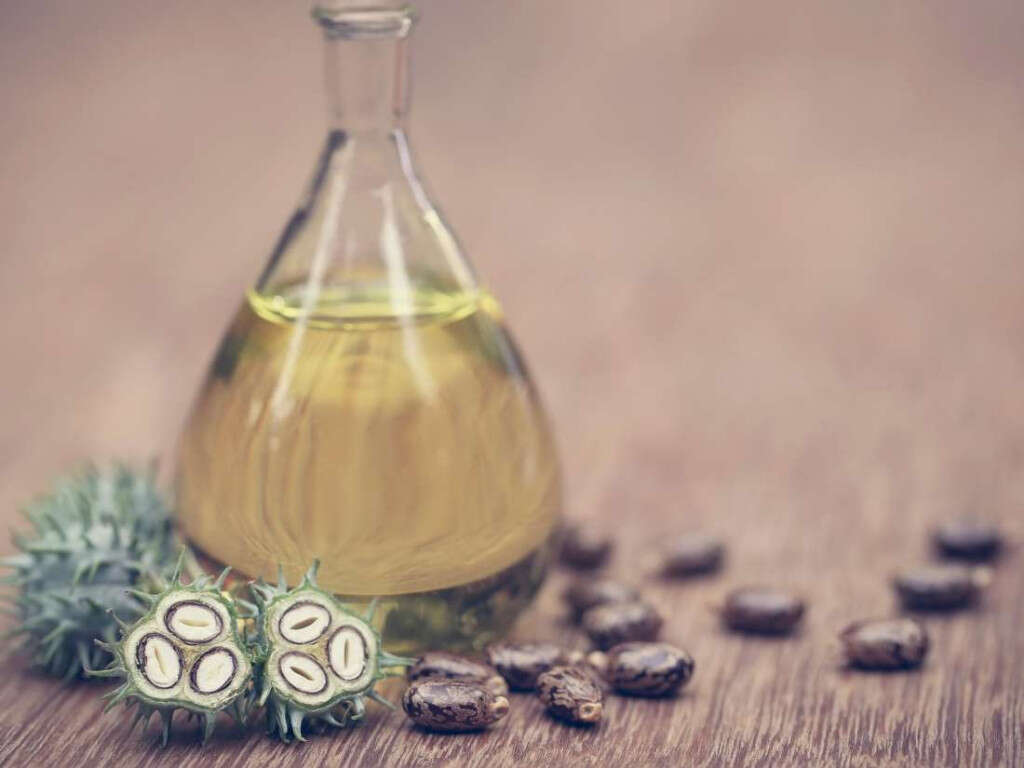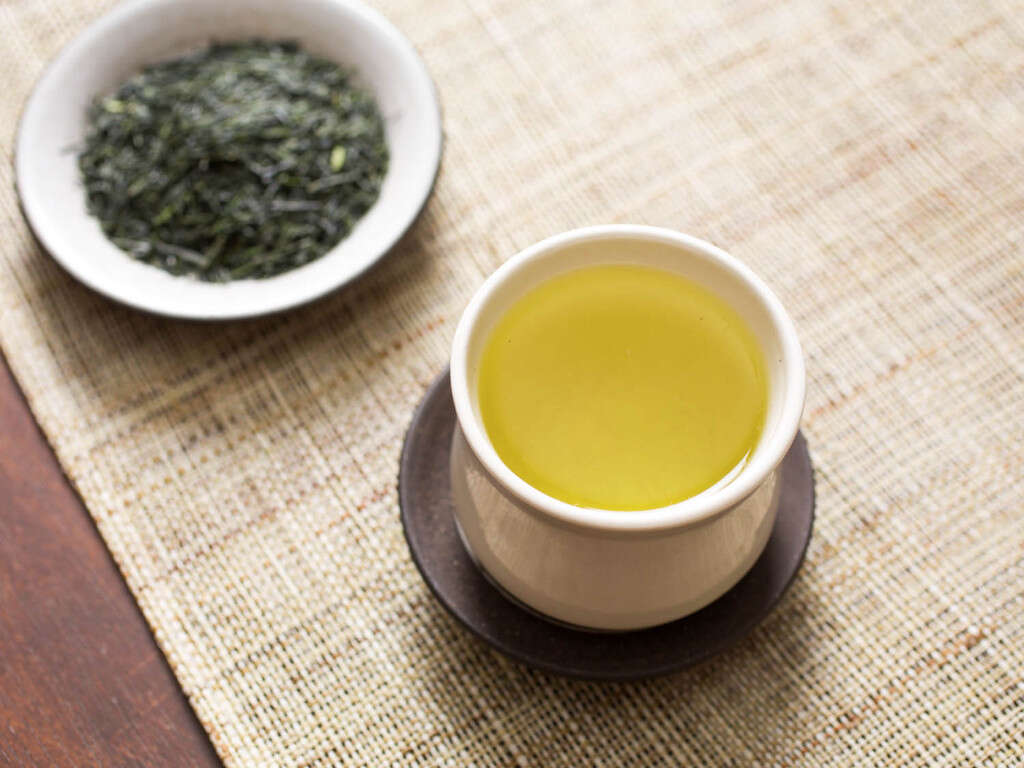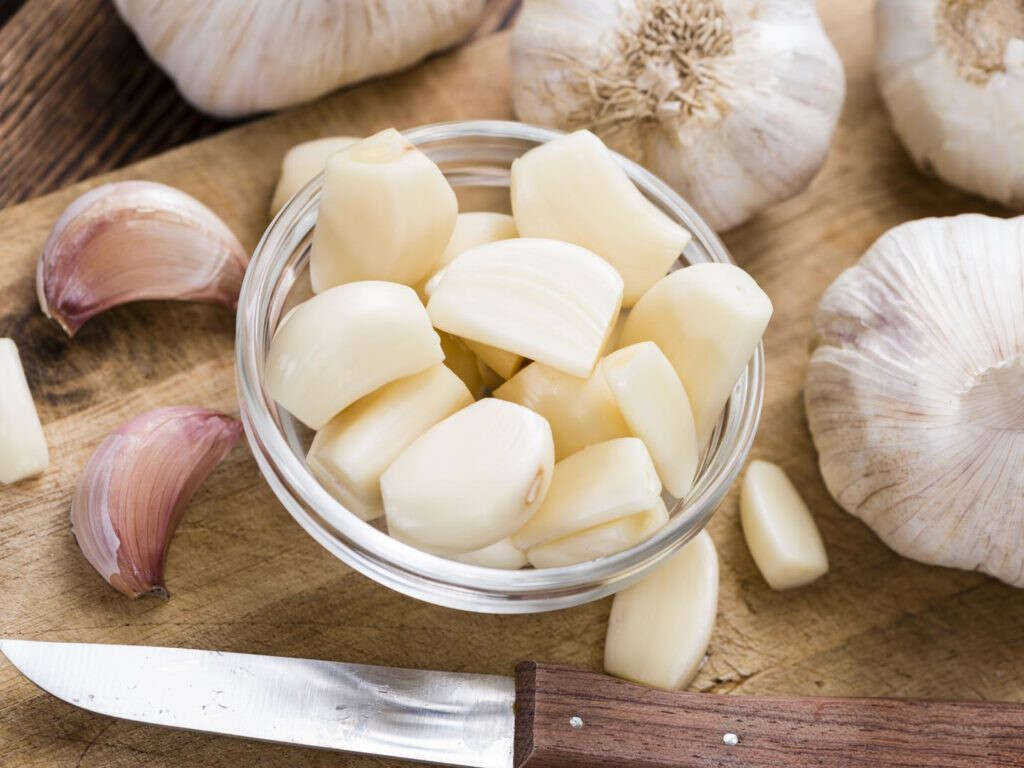10 Natural Antidepressants
Depression is a serious condition that can have a negative impact on how one handles daily activities, and how one feels and thinks. It can affect school, work, and relationships.
Signs and symptoms of depression include irritability, persistent sadness, feelings of hopelessness, feelings of guilt, anhedonia, fatigue, weakness, restlessness, difficulty with sleeping, loss of appetite, and suicidal ideation. Risk factors of depression include a combination of psychological factors, environmental factors, and genetics. Depression can occur at any age but usually begins in adulthood. In younger children and adolescents, it can present as irritability compared to low mood. Depression in older adults may co-occur with heart disease, cancer, diabetes, and Parkinson’s disease. These conditions often worsen when there is concurrent depression.
Depression is usually treated with psychotherapy and medications. While there are medications available for the treatment of depression, there are also various natural antidepressants that may be beneficial for patients with depression.
Antidepressant #1: Curcumin
Curcumin refers to the bright yellow chemical that is produced by some plants such as seen in turmeric. Curcumin is used as a food flavoring, herbal supplement, food coloring, and cosmetics ingredient.
Curcumin is used in traditional Chinese medicine and Ayurvedic medicine and researchers have found evidence that it may help reduce depression. Studies found that patients who received curcumin capsules instead of a placebo had significantly greater scores when using the Inventory of Depressive Symptomatology Self Report. Curcumin also has antioxidant and anti-inflammatory properties.
Antidepressant #2: Saffron
Saffron is a spice that originates from the saffron crocus. The styles and stigmas are collected and dried for seasoning and as a coloring agent. It is the most expensive spice in the world by weight. While there are many debates regarding the origin, it is believed to originate from Iran. Other potential origins are Mesopotamia and Greece.
According to a meta-analysis that was published in Human Psychopharmacology, saffron has been reported to be as effective as imipramine and fluoxetine in reducing symptoms of depression in adults. Saffron has also demonstrated antioxidant, antiplatelet, anticancer, and anti-inflammatory effects.
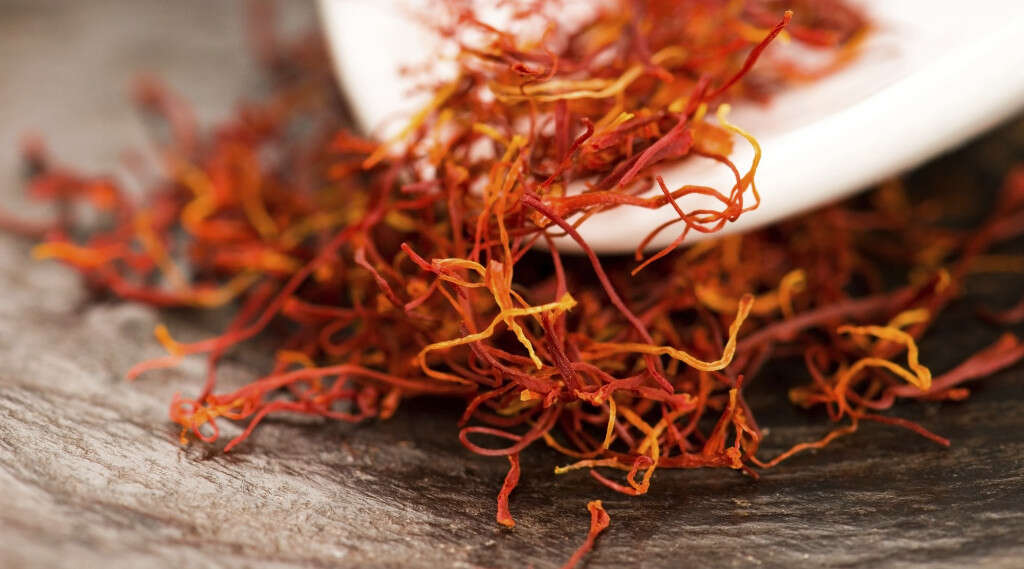
Antidepressant #3: St. John’s Wort
St. John’s wort is a wild plant that has been used for many centuries in the treatment of mental health conditions. It is widely used in Europe for depression. In other countries, it is available as a dietary supplement.
Various studies have been performed with mixed results. A study with 124 participants in a trial of 26 weeks reported similar effectiveness of a standard antidepressant, St. John’s wort, and a placebo in the treatment of moderate cases of major depression. Another study reported that the plant is more effective than a placebo and is as effective as standard antidepressant prescriptions. It is important not to combine St. John’s wort with any prescribed medications as it can have dangerous side effects. Always consult a medical professional before taking any herbal supplements.
Antidepressant #4: Omega-3 Fatty Acids
Omega-3 fatty acids are polyunsaturated fatty acids that can be divided into eicosapentaenoic acid (EPA), docosahexaenoic acid (DHA), and alpha linolenic acid (ALA). EPA and DHA are primarily found in some fish while ALA can be found in plant sources such as seeds and nuts.
Omega-3 fatty acids are crucial for the body to function. They also lead to health benefits such as lowering elevated triglyceride levels, help with visual and neurological development in infants, decrease joint pain and stiffness in arthritis, and lower levels of depression. They also boost the effects of antidepressants.
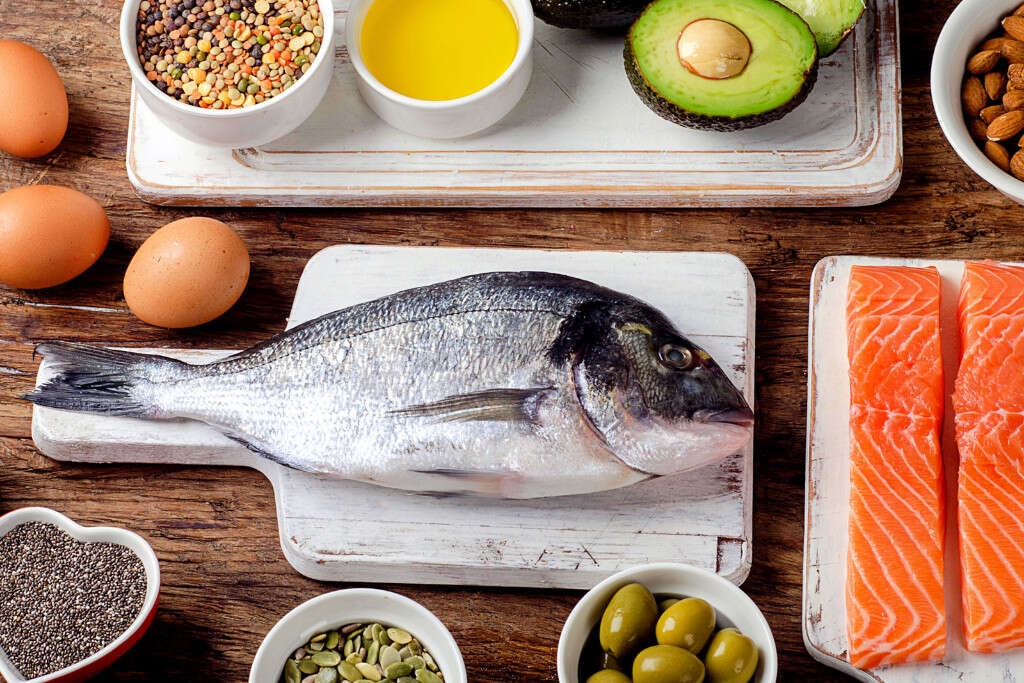
Antidepressant #5: Exercise
While antidepressants are commonly used for the treatment of depression, exercise has also been found to be an effective treatment. Exercise starts a chain reaction that can result in many positive health factors such as improving sleep, decreasing risk against diabetes or heart disease, and lowering blood pressure. It also results in the release of endorphins or feel good hormones.
Sustained low intensity exercise triggers the release of growth or neurotrophic factors that allow nerve cells to grow and make new connections. This improves brain function. Neuroscientists have observed that the hippocampus among depressed individuals is smaller. Exercise helps improve the growth and connections in the hippocampus and can be beneficial for depression.
Antidepressant #6: Vitamin D
Vitamin D is an essential fat-soluble nutrient that is beneficial to the immune system, helps cell growth, and maintains strong bones. Vitamin D can be absorbed through sun exposure. Other sources include dietary supplements and specific foods. When there is insufficient vitamin D, it can lead to osteopenia, osteomalacia, osteoarthritis, cancer, heart disease, and rickets (children).
Researchers have found a link between depression and vitamin D. They observed that those with depression also had low levels of vitamin D. Another study found that areas of the brain associated with depression also contained vitamin D receptors. Sun exposure and foods such as mackerel and salmon are important sources of vitamin D.
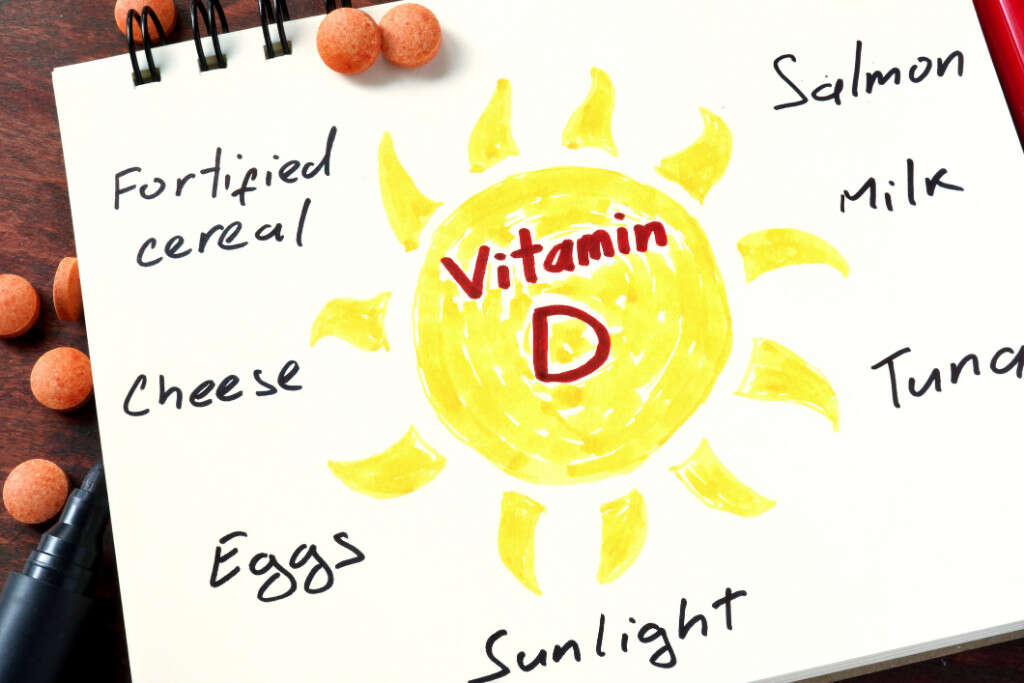
Antidepressant #7: Smart or Complex Carbs
Carbohydrates have been known to increase the glycemic index. Foods with a higher glycemic index have also been associated with a higher risk of depression. A study reported that a dietary intervention can be beneficial for both treatment and prevention of depression. This study reviewed data from 70,000 postmenopausal women for 4 years.
Some experienced doctors have reported the restriction of carbohydrates from patients who experience bouts of anxiety or depression can be beneficial. Since the brain is sensitive to glucose levels, foods that have a high glycemic index cause the blood sugar to drop after the high, resulting in a stress response. The stress response leads to the release of adrenaline in an attempt to normalize blood sugar levels. Adrenal hormone can lead to fatigue, depression, anxiety, mood swings, palpitations, and irritability. By consuming smart or complex carbs, the blood sugar level remains stable.
Antidepressant #8: Folate or Folic Acid
Folate has several distinct forms such as vitamin B9, folic acid, and folacin. The recommended daily intake for adults is 400 micrograms from dietary supplements and food. It is necessary for both production and maintenance of new cells, DNA synthesis, RNA synthesis, and prevention of changes to DNA. It is crucial during durations where there is rapid or frequent cell division and growth. These instances include pregnancy and infancy.
Sources of folate include lentils, broad beans, yeast extract, chickpeas, dark green leafy vegetables, spinach, and lettuce. Studies have found low levels of folate in patients with depression, especially among those with alcoholism. Low folate levels are also linked to poor response to antidepressants.
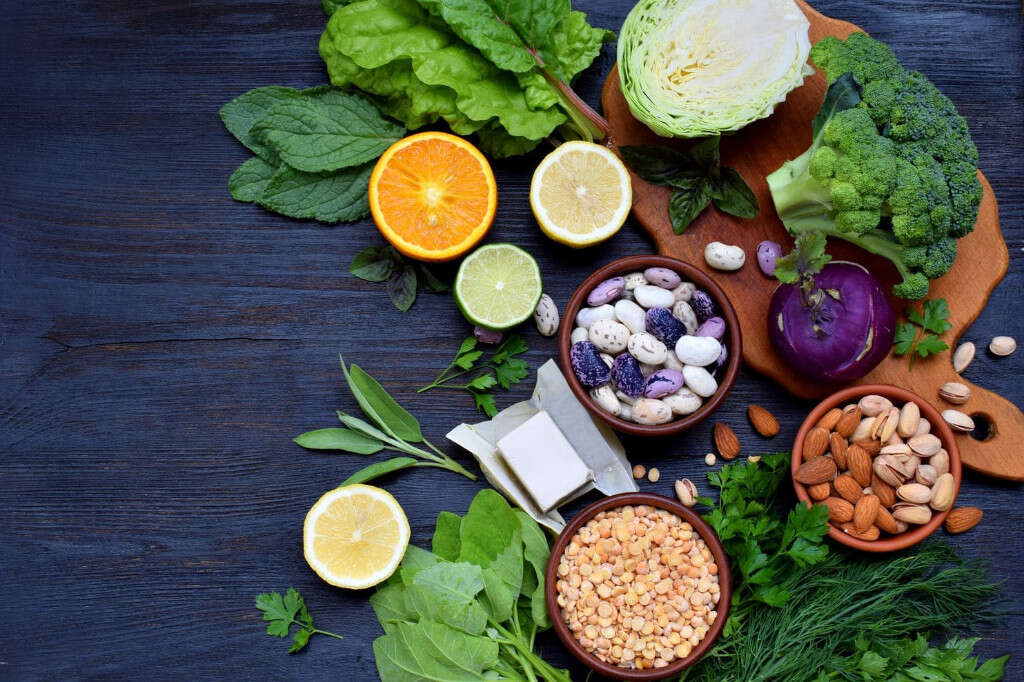
Antidepressant #9: Vitamin B12
Vitamin B12 is a vitamin that is water soluble. It can be naturally found in foods, as a supplement, or prescribed by health professionals. Vitamin B12 is vital as it is required for proper neurological function, red blood cell formation, and synthesis of DNA. It also functions as a cofactor for different enzymes.
Usually bound to protein in food, it is released through the activity of gastric protease and hydrochloric acid. Studies have found low levels of vitamin B12 among patients with depression. Others observed that treatment of depression may improve with high vitamin B12 levels. The current recommended dietary allowance for vitamin B12 is 2.4 micrograms daily. Vitamin B12 can be found in meat, fish, milk, and eggs.
Antidepressant #10: Selenium
Selenium is a chemical element that has properties necessary for cellular function in many organisms. It is an ingredient that can be found in various dietary supplements, multivitamins, and even infant formula. It is needed for the conversion of thyroxine to triiodothyronine. Deficiency of selenium can lead to mental slowing, extreme fatigue, recurrent miscarriage, cretinism, and goiters. Deficiency can occur in those who are undernourished, have compromised intestinal function, are of advanced age, have undergone gastrointestinal bypass, and those on total parenteral nutrition.
There are studies that have reported an association between poor moods and low levels of selenium. The recommended amount for adults is 55 micrograms a day. Since there is little evidence that selenium supplements are helpful, it is best to focus on foods that contain selenium such as lean meat, nuts, seeds, beans, legumes, seafood, and whole grains.









